Time is a concept that has been debated for centuries, with many questioning whether it is an illusion or not. The idea of time being an illusion has gained traction in recent years due to the advances in science and technology, which have allowed us to explore the nature of reality on a deeper level than ever before. While there are still some who remain unconvinced by this argument, there is compelling evidence from both scientific and philosophical perspectives that suggest time may indeed be an illusory construct.
Is time an illusion
Albert Einstein
From a scientific perspective, physicists such as Albert Einstein theorized that space-time was nonlinear meaning that events could happen simultaneously rather than sequentially as we perceive them through our limited human understanding of linear time. This suggests that all moments exist at once rather than one after another; thus eliminating any sense of “past” or “future” altogether making it impossible for us humans to truly experience what we call “time”.
Quantum mechanics
Quantum mechanics experiments suggest particles can travel backwards through time although they cannot alter their own pasts suggesting again how subjective our perception if linearity really is when looking at things on a subatomic scale.
Our experience with time is subjective
Since we experience events through our senses, which can be distorted by factors such as physical distance or emotional state, then it follows that our perception of time must also be affected by these same variables.
For example, when we are excited about something or deeply engrossed in a task it can feel like only minutes have passed even though hours have gone by. On the other hand when bored and uninterested in what’s going on around us it can feel like days have dragged on endlessly despite only having experienced mere moments worth of activity. This suggests that our experience with time is subjective and therefore not concretely real but instead based upon individual interpretations influenced heavily by external stimuli – making its existence more akin to an illusion than reality itself.
Time is fluid
One argument suggests that if someone were able to travel faster than the speed of light, they would experience time differently than people on Earth. This means that time is not fixed and can change based on different perspectives and conditions. This supports the idea that our understanding of time is limited by our personal experiences and may not be the same everywhere in the universe. It suggests that the concept of time is fluid and can vary based on location and situation
Philosophically
Plato argued against the existence of physical world entirely instead believing everything existed outside our realm within the ideal forms. He suggested these forms were timeless existing outside any notion of sequence and order. The temporal concepts like past, present and future were nothing more than illusions created by humans trying make sense out of something they are not able to know.
Similarly Kant believed objects only had real existence inside minds. Even though people experienced different timescales, day, night, weeks, months etc, none actually existed independently from thought itself effectively rendering them meaningless constructs without true substance.
If time is an illusion why do we age
Time is often described as an illusion in the sense that our perception of it is subjective and limited by our experiences and biological processes. However, aging is a physical process that occurs as a result of the accumulation of damage to our cells and biological systems over time. This damage is a direct result of the passing of time and the exposure to various environmental factors, such as oxidative stress and accumulation of cellular waste. So while our perception of time may be an illusion, the biological process of aging is a physical reality.
🔬 Subscribe to SciMail
Get the latest science discoveries straight to your inbox!
Therefore while it may seem counterintuitive at first glance; if time is indeed an illusion then this doesn’t necessarily mean that there’s no such thing as getting old – rather it just means that certain environmental factors play a role in determining how quickly (or slowly) one ages over their lifetime regardless of whether they feel like they’re living through days weeks months etc. Ultimately this helps explain why people who live healthy lifestyles often look younger than those who don’t take care of themselves since their cells will be better equipped for dealing with external stressors thus resulting in slower rates of deterioration compared other individuals who expose themselves more frequently (either intentionally or unintentionally).
Does time dilation affect aging
Yes, time dilation, a phenomenon predicted by the theory of relativity, can affect aging. Time dilation refers to the difference in the elapsed time measured by two observers, due to a difference in their relative velocity or gravitational potential. This means that time passes at a different rate for objects in different gravitational fields or moving at different speeds.
As a result, an object traveling at high speeds or in a strong gravitational field will experience time dilation, resulting in a slower progression of time relative to a stationary observer. This means that an astronaut traveling at high speeds in a spaceship would age more slowly than someone on Earth, for example.
In this sense, time dilation can have an impact on aging, but it is a relatively small effect, only significant at extremely high speeds or in extremely strong gravitational fields.
Why does time perception change with age
Our perception of time can change with age for a variety of reasons, including changes in our biology and cognitive abilities. Here are a few factors that can contribute to changes in time perception as we age:
Neurobiological changes:
As we age, changes in our brain structure and function can alter our perception of time. This can include reductions in the processing speed of our neurons and changes in the release of hormones and neurotransmitters that regulate our internal clock.
Cognitive changes:
Age-related changes in our cognitive abilities, such as memory decline, can impact our ability to perceive time accurately. Our ability to encode, store, and retrieve information about time is an important factor in our perception of it.
Experiences:
Our experiences and exposure to new events can also change our perception of time. For example, as we age and accumulate more life experiences, time can seem to pass more quickly.
Attention:
Our level of attention and engagement with the world around us can also affect our perception of time. For example, when we’re fully focused on a task, time can seem to pass more quickly.

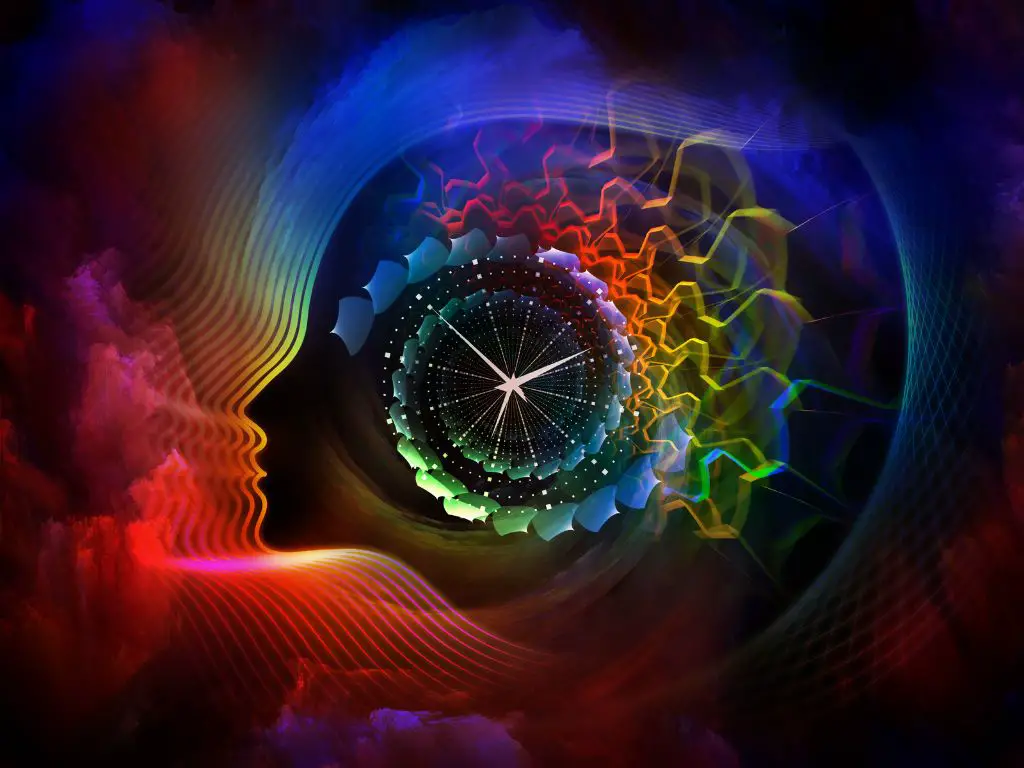


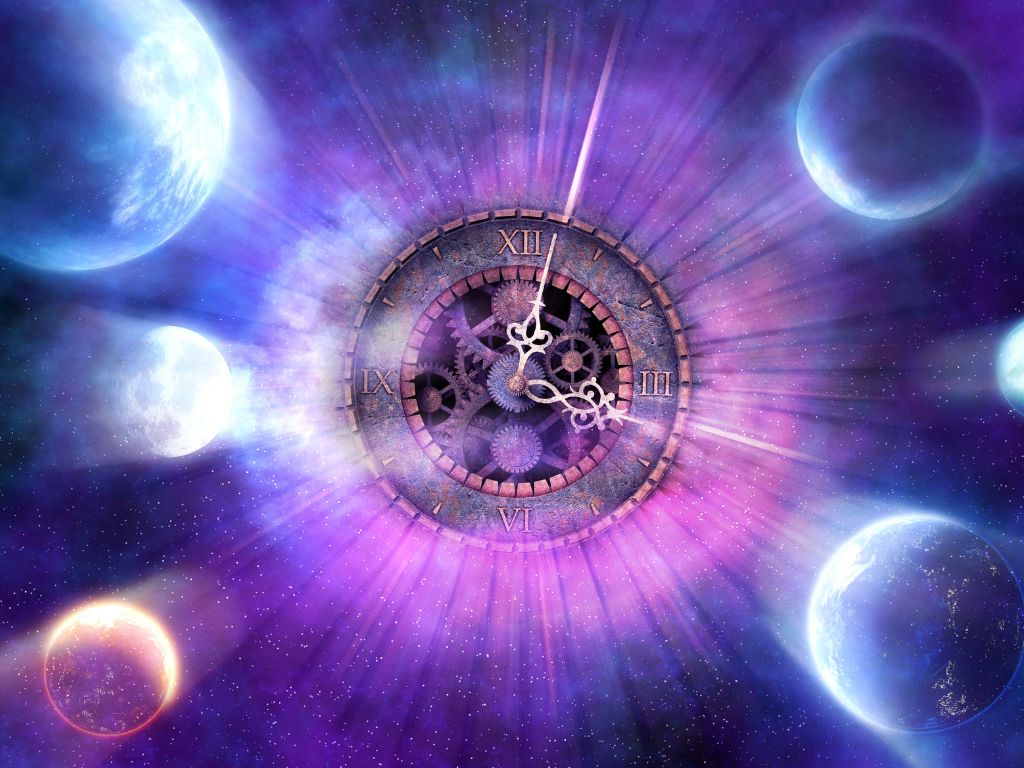

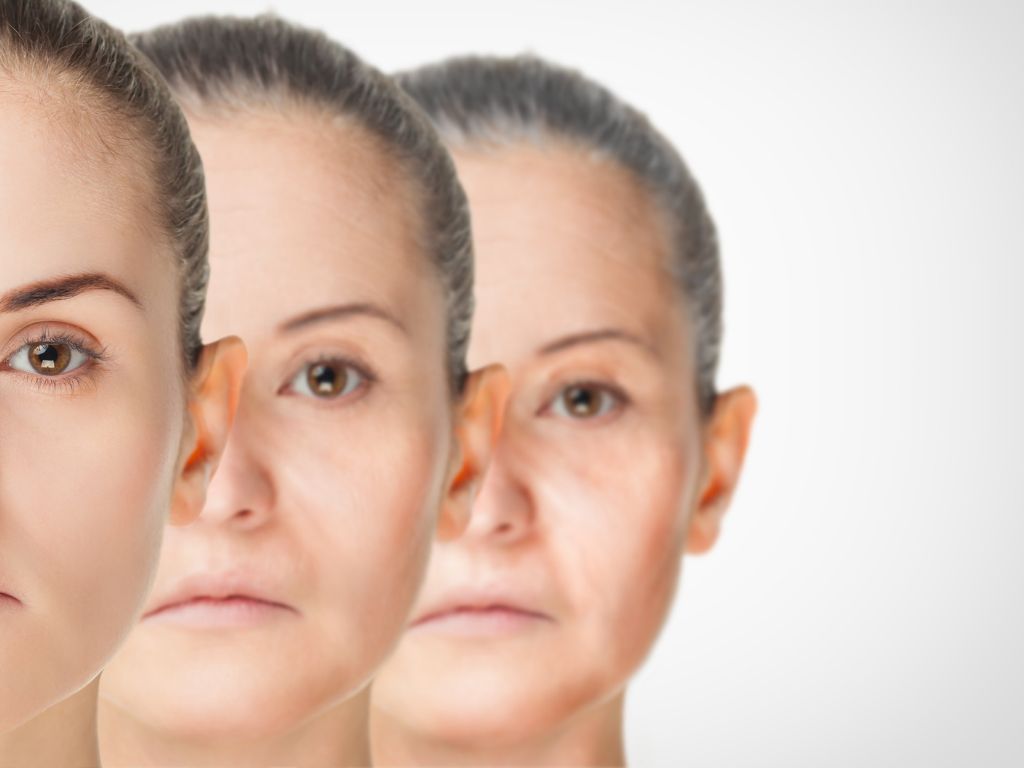
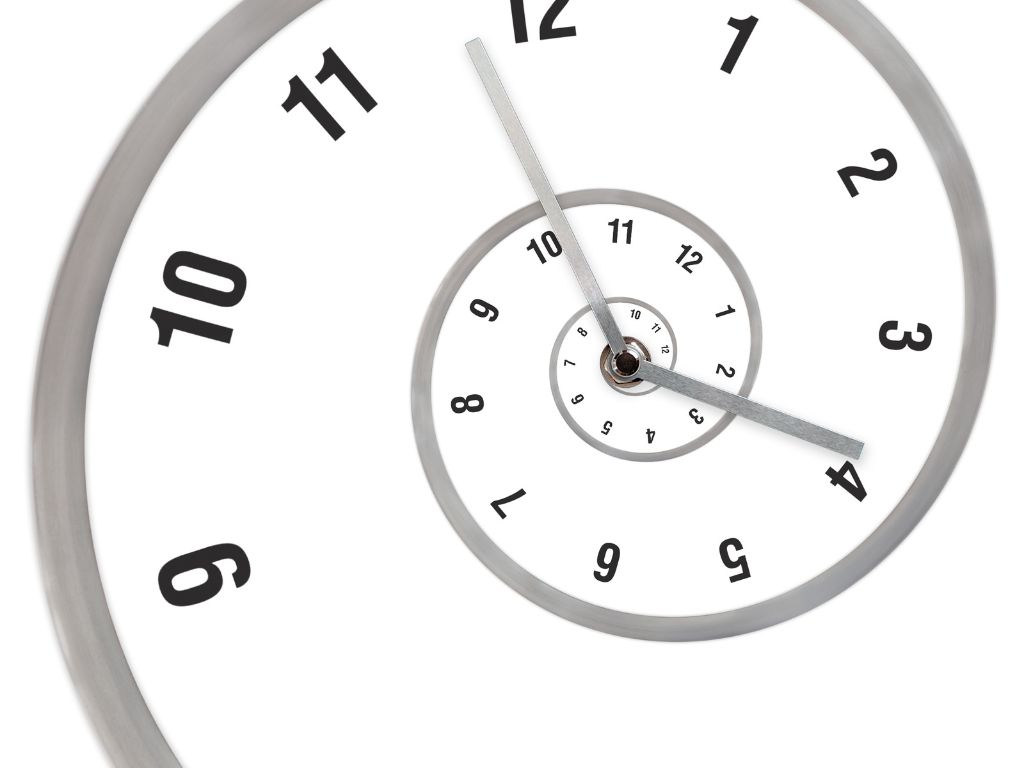
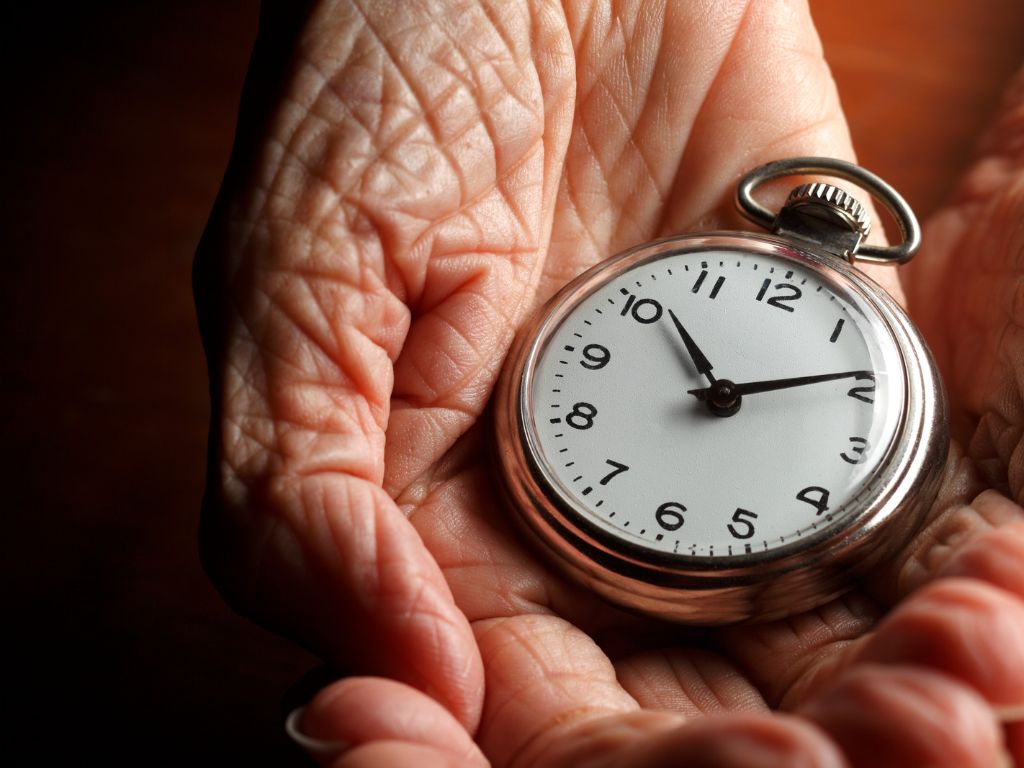
Leave a Reply